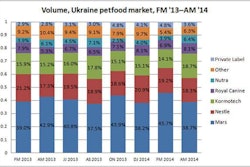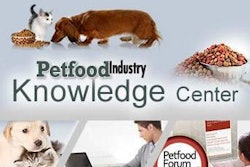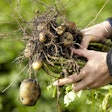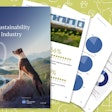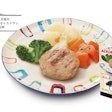A one week practical short course on feeds and petfood extrusion will be presented Feb. 1–6, 2015, at Texas A&M University by staff, industry representatives and consultants.
The program will cover information on designing new feed mills and selecting conveying, drying, grinding, conditioning and feed mixing equipment. Current practices for production of petfoods; preparing full-fat soy meal; recycling fisheries by-products, raw animal products and secondary resources; extrusion of floating, sinking and high fat feeds; spraying and coating fats, digests and preservatives; use of encapsulated ingredients and preparation of premixes; and least cost formulation will be reviewed. Practical demonstrations of petfood, vacuum coating and several other processes will be demonstrated on four major types of extruders (dry, interrupted flights, single and twin screw), using various shaping dies.
Reservations are accepted on a first-come basis. For more information, programs and application forms, contact Mian N. Riaz, PhD, head of TAMU's extrusion technology program ([email protected]).


